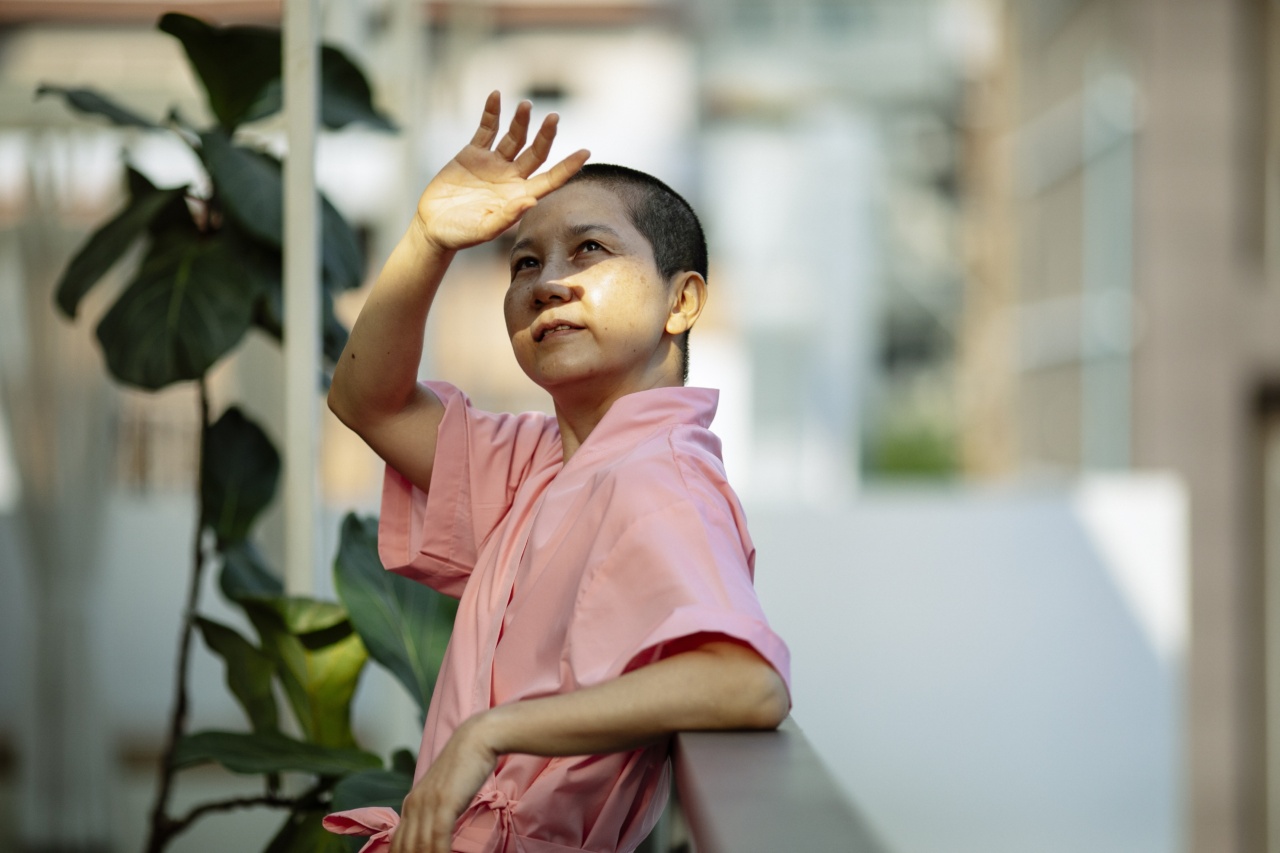According to recent research, it appears that the worst time of day for breast cancer growth could be at night. This is due to the hormone known as melatonin, which is responsible for inducing sleep and other important bodily processes.
Studies have shown that when melatonin levels are disrupted or suppressed, cancer cells can grow and spread more rapidly.
Melatonin and Breast Cancer
Melatonin is a hormone that is produced by the pineal gland in response to darkness. It plays a crucial role in regulating the body’s circadian rhythm, or internal clock, which controls our sleep-wake cycle and other bodily functions.
In addition to its sleep-inducing properties, melatonin has also been shown to have anti-cancer effects, particularly in breast cancer.
Studies have shown that melatonin can inhibit the growth and spread of breast cancer cells in several ways. It can help to reduce the production of estrogen, which can fuel the growth of hormone receptor-positive breast cancers.
It can also stimulate the immune system, boosting its ability to recognize and destroy cancer cells. Furthermore, melatonin has been shown to have antioxidant properties, which can help to protect cells from damage and mutations that can lead to cancer.
However, when melatonin levels are disrupted or suppressed, cancer cells can grow and spread more rapidly.
This can occur due to a variety of factors, including exposure to artificial light at night, which can interfere with the body’s natural melatonin production. Other factors may include night shift work or jet lag, which can disrupt the body’s circadian rhythms and melatonin production.
Artificial Light at Night
One of the most well-known factors that can disrupt melatonin production is exposure to artificial light at night.
This can occur due to a variety of sources, including indoor lighting, electronic devices like smartphones and tablets, and streetlights outside our homes.
When we are exposed to artificial light at night, it can interfere with the body’s natural circadian rhythms. This can disrupt melatonin production, as the body may perceive the light as a signal that it is still daytime.
As a result, melatonin levels may be suppressed or delayed, which can have a negative impact on health.
Studies have shown that exposure to artificial light at night can increase the risk of several types of cancer, including breast cancer.
One study published in the American Journal of Epidemiology found that women who reported sleeping in rooms with the most light at night had a 22% higher risk of breast cancer compared to those who slept in darker rooms. Another study found that female night shift workers had a higher risk of breast cancer compared to those who worked during the day.
Night Shift Work and Breast Cancer
Another factor that has been linked to increased breast cancer risk is night shift work.
Many healthcare workers, emergency responders, and other professionals work overnight or rotating shifts, which can disrupt their circadian rhythms and melatonin production.
Several studies have found a link between night shift work and increased breast cancer risk.
One study published in the International Journal of Cancer found that female night shift workers had a 41% higher risk of breast cancer compared to those who worked during the day. Another study published in the Journal of Occupational and Environmental Medicine found that women who worked rotating shifts had a higher risk of breast cancer compared to those who worked regular daytime hours.
It is thought that the disruption of circadian rhythms and melatonin production may play a role in this increased risk.
Some studies have also suggested that exposure to artificial light at night may be a contributing factor to the increased breast cancer risk associated with night shift work.
Jet Lag and Breast Cancer
Finally, jet lag is another factor that can disrupt melatonin production and potentially increase breast cancer risk. Jet lag occurs when we travel across several time zones, which can disrupt our sleep-wake cycle and circadian rhythms.
When we experience jet lag, our circadian rhythms and melatonin production may be disrupted or delayed. This can lead to symptoms like fatigue, insomnia, and mood changes.
Some studies have suggested that jet lag may also be a risk factor for breast cancer, particularly in frequent travelers or those who experience frequent disruptions to their sleep-wake cycle.
Conclusion
In conclusion, research has shown that the worst time of day for breast cancer growth may be at night, when melatonin production is disrupted or suppressed.
Factors like exposure to artificial light at night, night shift work, and jet lag can all contribute to this risk by disrupting circadian rhythms and melatonin production. Strategies like avoiding blue light before bed, keeping bedrooms dark and quiet, and maintaining a regular sleep-wake cycle may help to mitigate this risk and protect against breast cancer growth.























